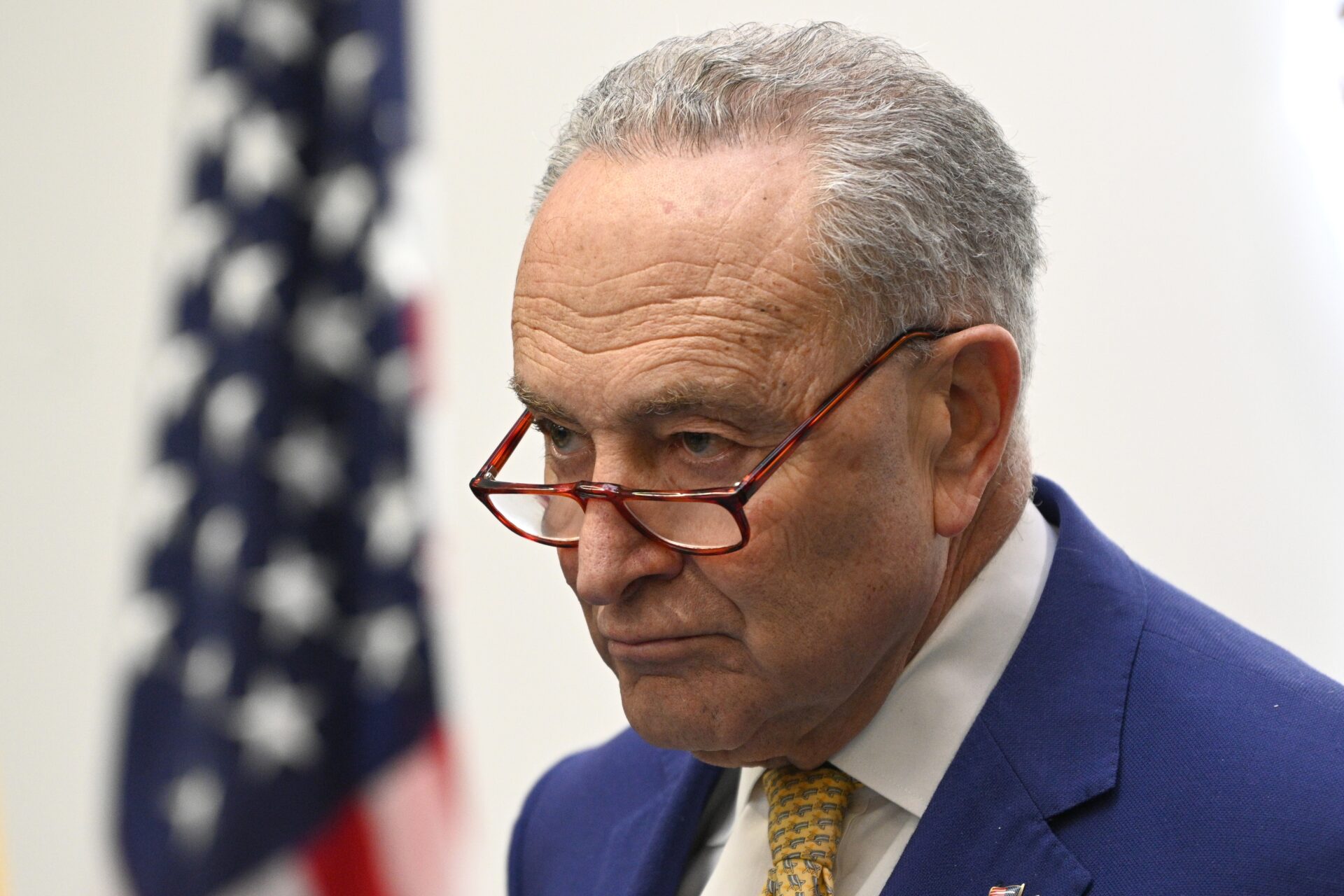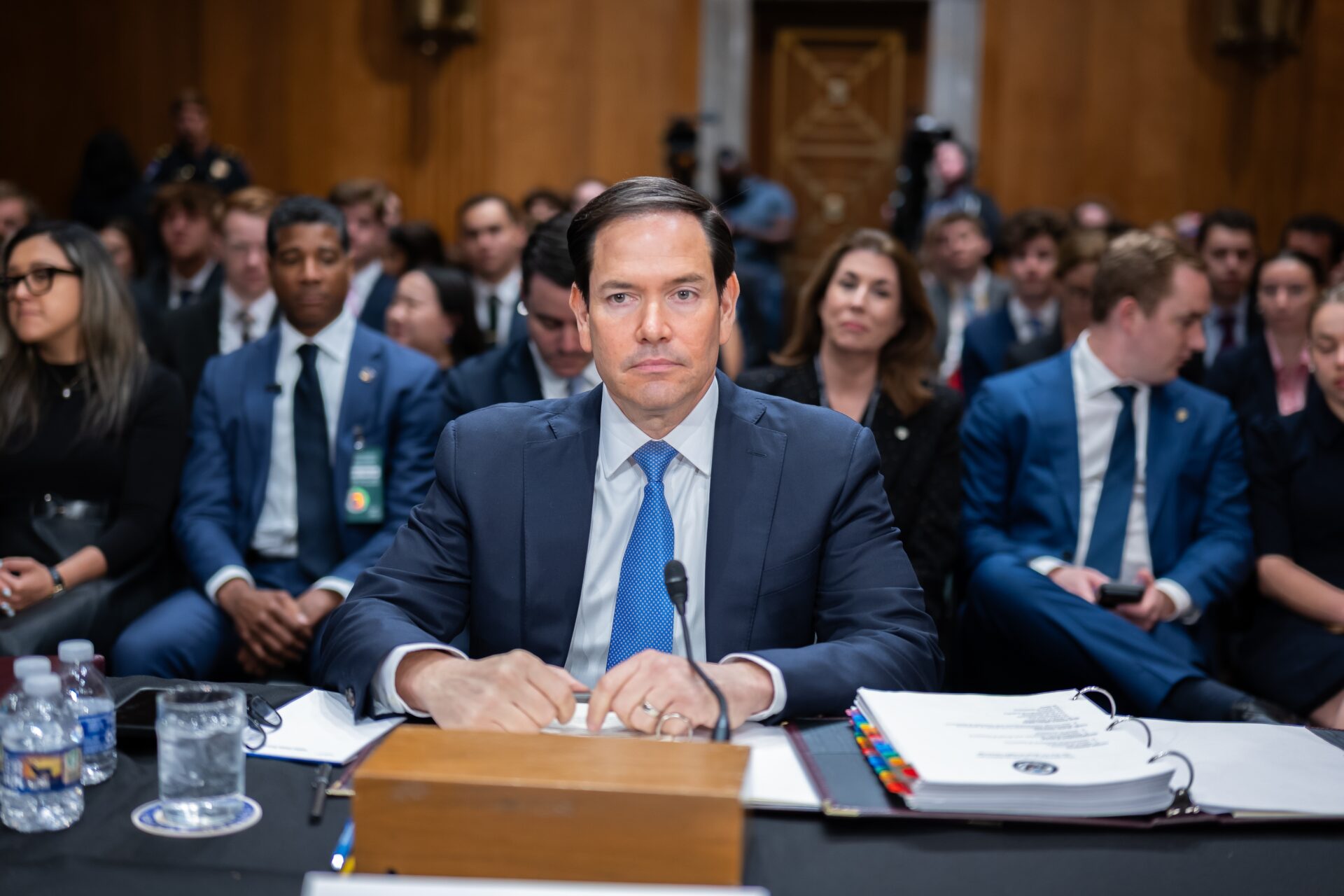
Government Shutdown Threatens Food Aid
Critical food aid for over 6.7 million women and children is at risk as Senate Democrats, led by Chuck Schumer, refuse to pass a crucial funding bill.
Story Highlights
- Senate Democrats block House-approved continuing resolution.
- Shutdown threatens funding for the WIC program.
- 6.7 million low-income women and children face food insecurity.
- Partisan standoff continues with no resolution in sight.
The Impact of Legislative Gridlock on WIC
The current government shutdown, initiated on October 1, 2025, due to a budget impasse, has left the Special Supplemental Nutrition Program for Women, Infants, and Children (WIC) without funding. This program, established in 1974, is vital for providing nutrition assistance to low-income pregnant women, new mothers, infants, and children under five. Without the continuation of funding, 6.7 million beneficiaries face imminent food insecurity.
Due to the shutdown, the Office of Management and Budget (OMB) has issued warnings about the exhaustion of WIC resources. This situation has led to heightened concern among families relying on these services. House Speaker Mike Johnson has emphasized the crucial role WIC plays in preventing malnutrition in vulnerable populations, calling the current lack of funding a significant threat.
Schumer Shutdown Cuts Food Aid to 6.7 Million Women and Children https://t.co/qYB3urP3dK
— Susan A Stamp (@SusanAStam143) October 3, 2025
Political Standoff and Responsibility
Senate Democrats, led by Majority Leader Chuck Schumer, are demanding policy concessions in exchange for passing the continuing resolution. These demands include extensions of pandemic-era healthcare subsidies and the reversal of GOP tax and Medicaid reforms. Meanwhile, House Republicans are pushing for a “clean” funding bill without additional policy provisions, arguing that these demands are causing unnecessary harm to vulnerable groups.
President Donald Trump has engaged in last-minute negotiations to avert the shutdown. However, with Senate rules requiring bipartisan cooperation, at least seven Senate Democrats must support the CR for it to pass, creating a deadlock as both sides remain entrenched in their positions.
Broader Implications and Future Outlook
The longer the shutdown persists, the greater the risk of long-term implications, such as eroding public trust in government and the potential for permanent cuts to essential programs like WIC. Communities reliant on federal funding, including rural health clinics and disaster relief services, are also at risk of severe disruptions.
Nonprofit organizations and local agencies may face increased demand for emergency food assistance, while healthcare sectors could see a surge in caseloads. The shutdown has intensified partisan divisions, with both parties using the budget process to advance broader policy goals. As the situation unfolds, efforts to reach a compromise remain critical to prevent further harm to American families.
Watch the report: How the government shutdown could lead to real consequences for families
Sources:
White House Government Shutdown Clock
Real Consequences: Food Aid, Flood Insurance, FEMA Funds Jeopardy Amid Shutdown, Johnson Says
Mike Johnson’s Official Statement on Government Shutdown


